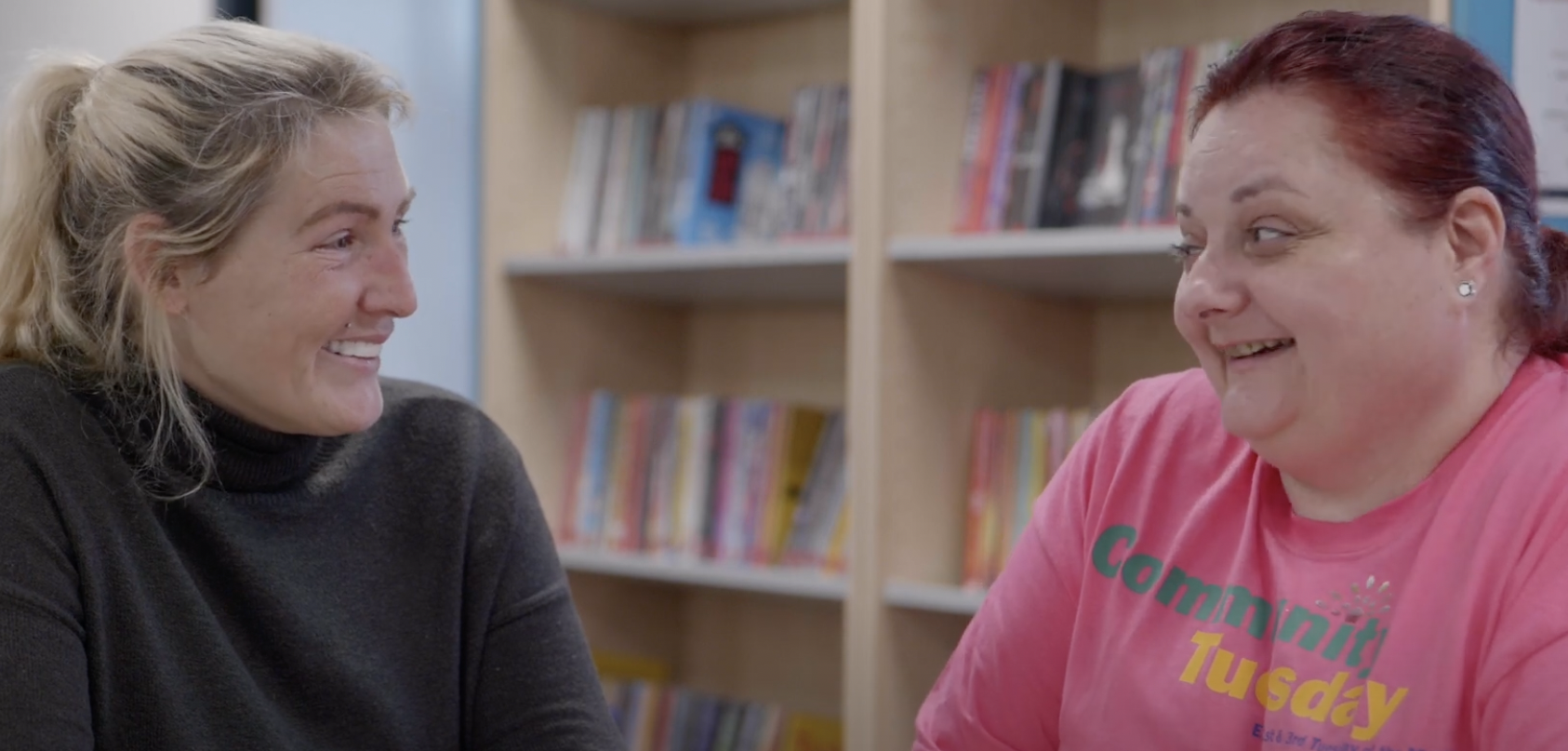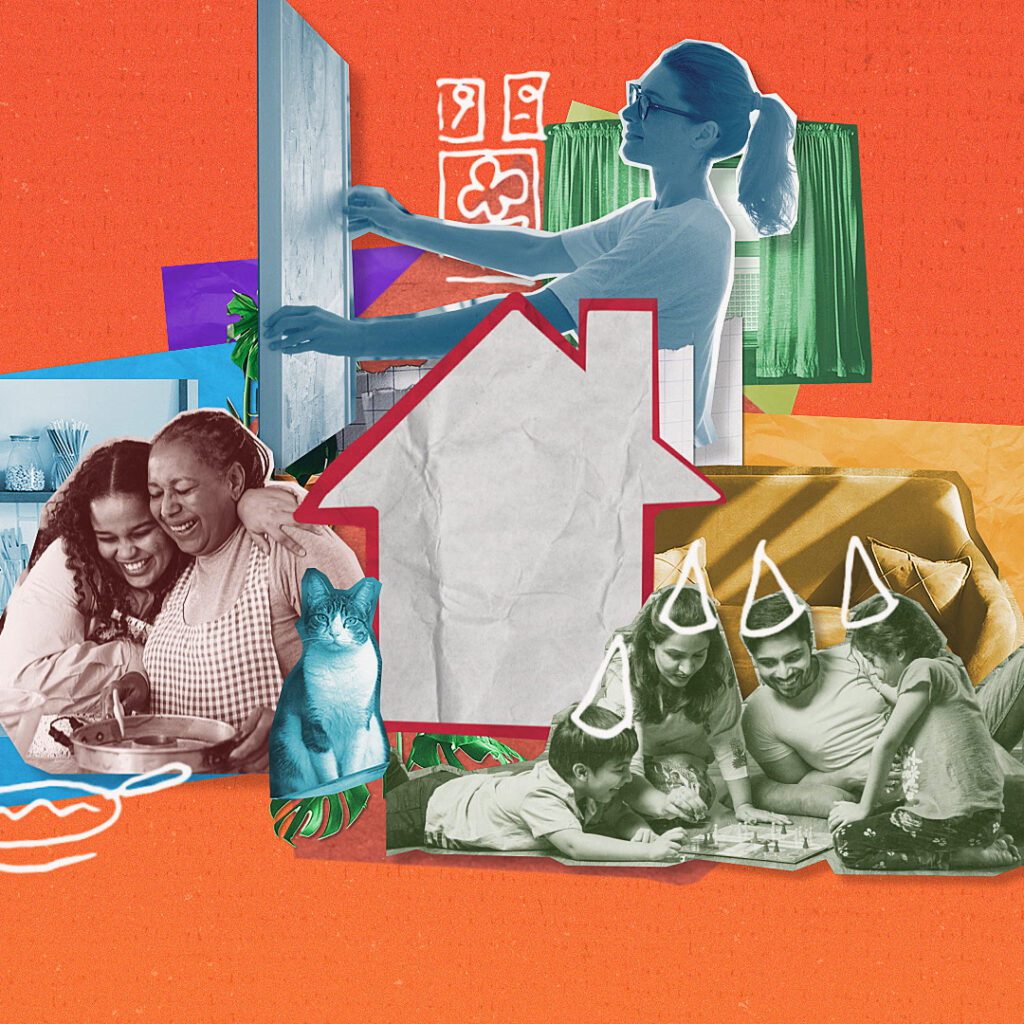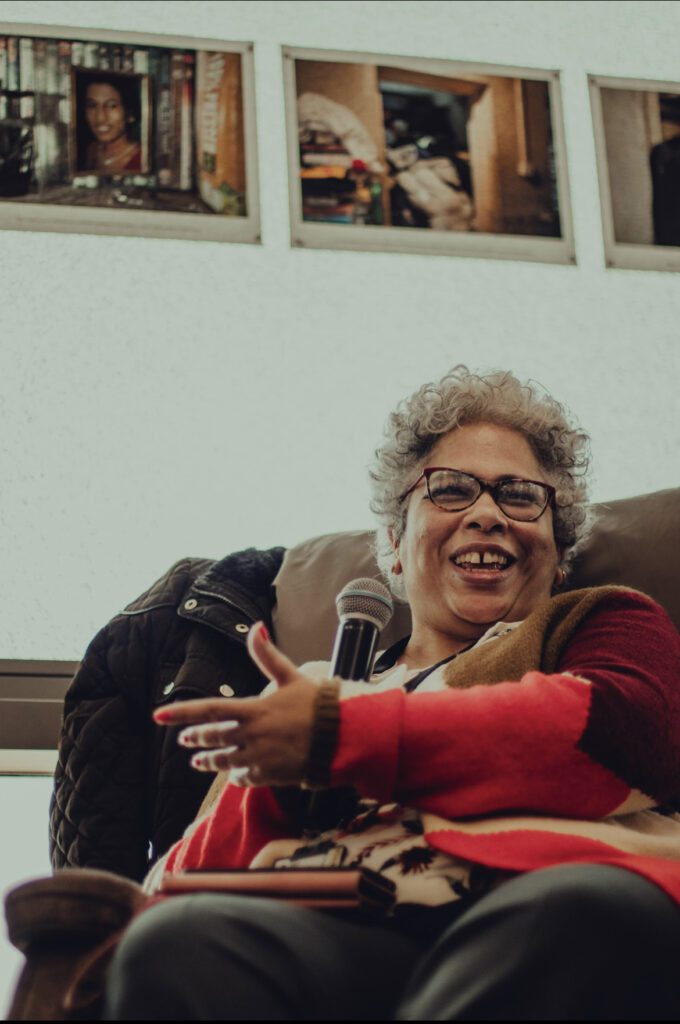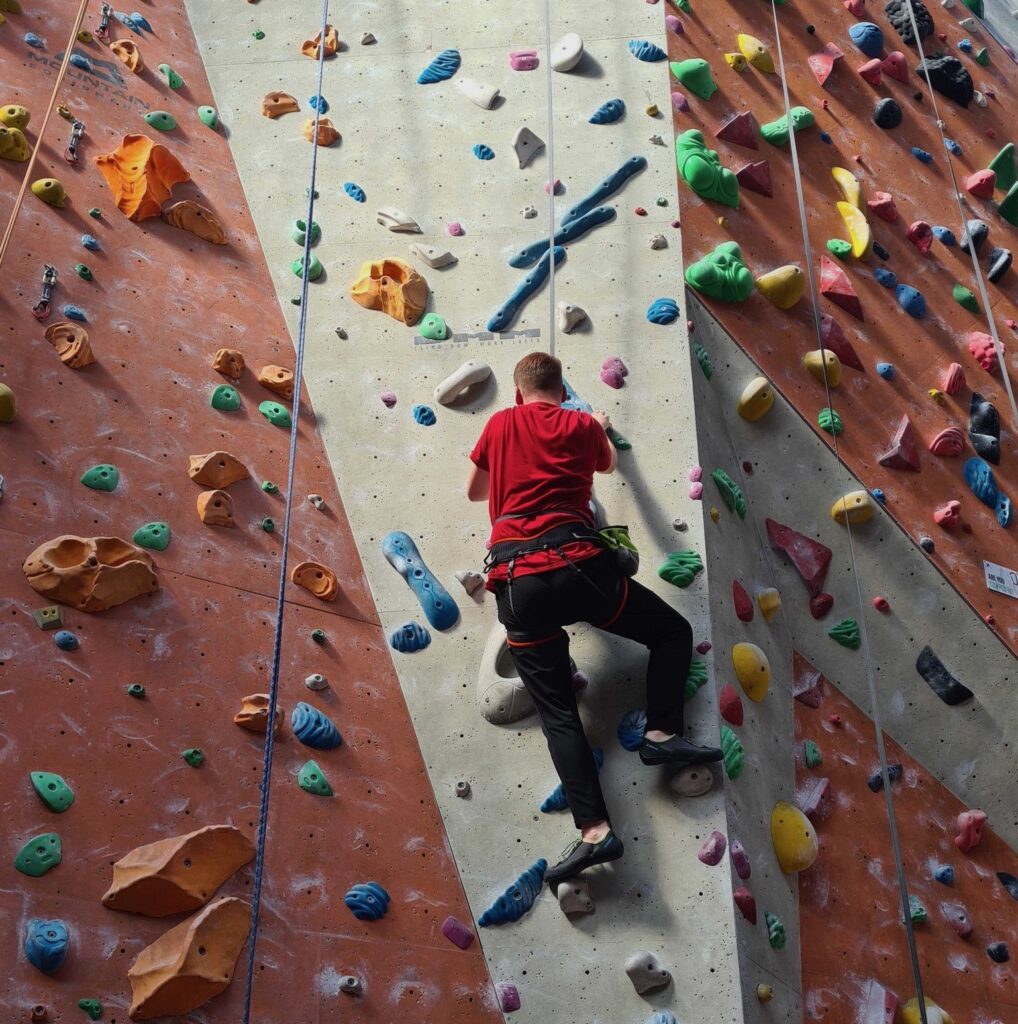Local Area Coordinators, employed by councils, spend time with people and families in communities (circa 8-10k). As trusting relationships develop, people connect with them to explore their vision of a good life and any changes they want to make before planning and taking action themselves.
Throughout this journey, Local Area Coordinators support people and families to recognise their capabilities, gifts, networks and practical resources instead of immediately looking to services. They do not intervene, fix or do things for people, as evidence shows this can disempower and isolate people. Instead, the approach helps people become connected, contributing citizens of their communities.
Local Area Coordination isn’t just a useful addition to existing wellbeing support. It is intentionally designed to nurture individual and community power, helping people avoid and reduce reliance on services. It also supports system learning and wider ‘transformation’ and improvement plans.
It is developed in partnership with Community Catalysts CIC who convene the Local Area Coordination Network of councils who have adopted it whilst simultaneously supporting the design and development in new areas of England and Wales.



